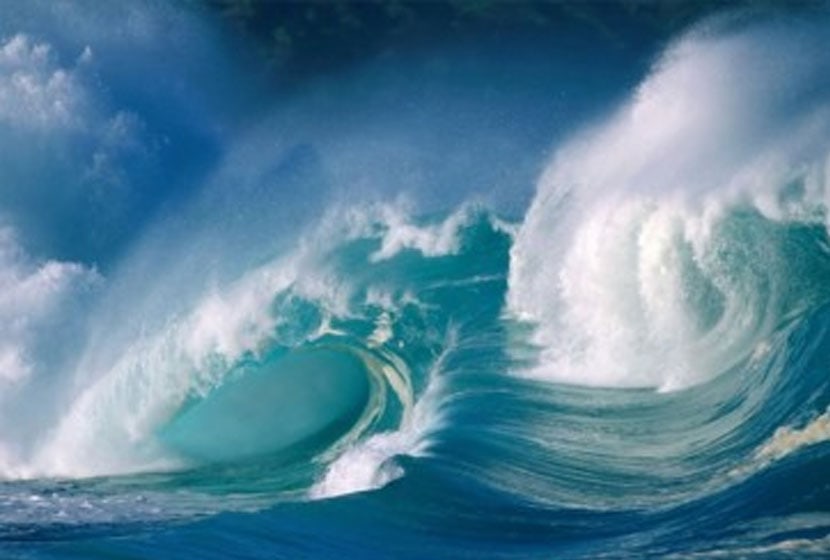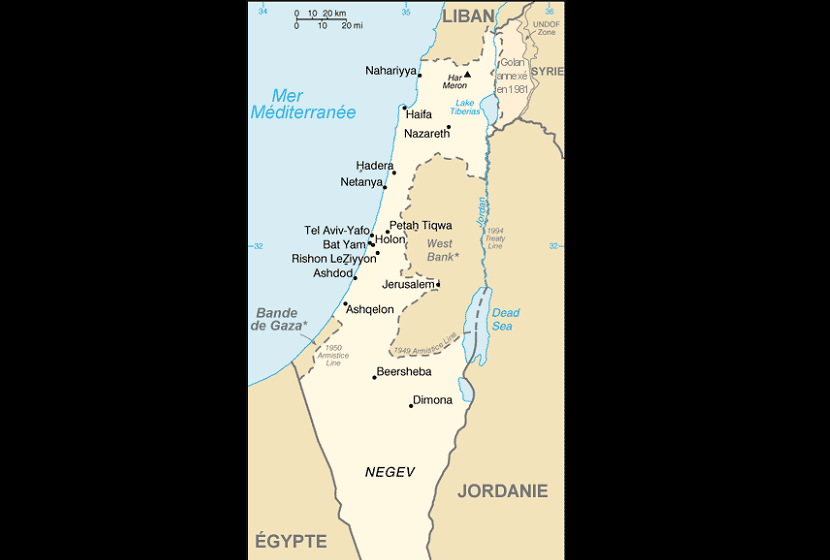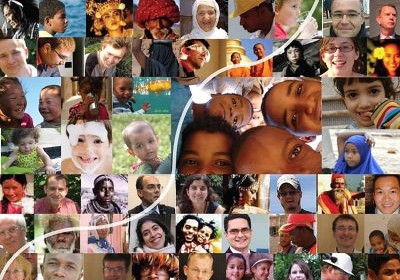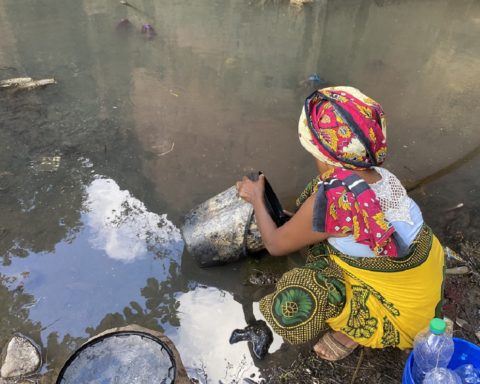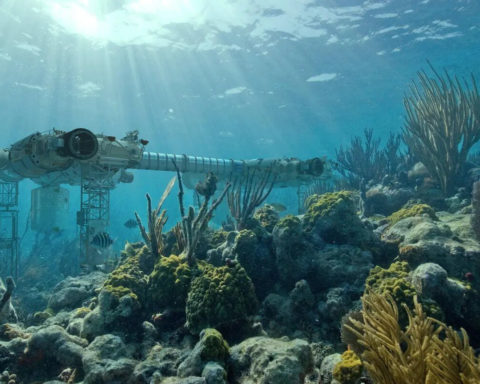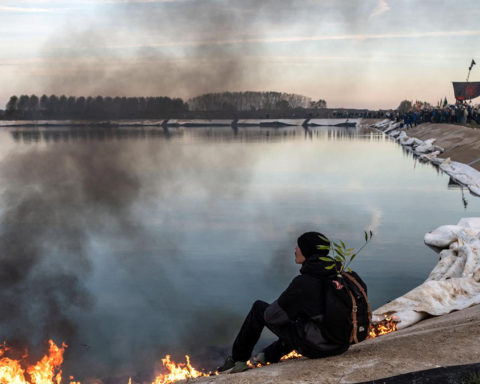There is an urgent need to rethink our relationship with the sea, as well as the way we organise and conduct our activities. We need to move from a logic of pickers-profits to a logic of enlightened and responsible ocean managers, in order to preserve the environmental capital that the oceans represent.
The oceans account for 99% of the biosphere, produce half of the oxygen we breathe, regulate our climate and are the main source of protein for more than a third of the world's population. Humanity is turning increasingly and greedily towards the immense potential of the oceans, from which we intend to draw ever more fish, but also energy and mineral resources, as well as the living and leisure environment of a population increasingly drawn towards the coasts.
No, the oceans can no longer be considered by man as an infinite and unalterable space, an inexhaustible reserve of fish and natural resources and a discharge of unlimited capacity. We can no longer pretend to ignore their continuous degradation.
There is an urgent need to rethink our relationship with the sea, as well as the way we organise and conduct our activities. We need to move from a logic of pickers-profits to a logic of enlightened and responsible ocean managers, in order to preserve the environmental capital that the oceans represent.
Marine protected areas are an excellent tool for considering the preservation of marine ecosystems. This is essential to ensure the sustainability of existing activities, first and foremost fishing, or the development of new activities such as ecotourism, aquaculture, renewable energies, etc.
Marine protected area projects must therefore be an opportunity to rethink each activity, but also to integrate them into a local project that is understood and appropriated by local economic actors, who must find it in their interest to respect this new framework.
The term marine protected areas flexibly covers all localised protection measures for the marine environment, which can take a wide variety of forms, from the establishment of very large protected areas such as the shark sanctuary declared by Palau, located in Micronesia, on an area equivalent to that of France, to areas of a few square kilometres, targeting a very particular biotope in the most densely used seas, such as the Larvotto reserve in Monaco.
While the largest areas cover sparsely inhabited and under-exploited areas, the Institute of Oceanography stresses the value of developing marine protected areas in heavily exploited areas, in order to bring together all stakeholders, to examine precisely the conditions in which human activities are carried out and their consequences on the environment, and to agree collectively on management measures aimed at preserving for the future - or even restoring - the natural functioning of ecosystems. The recent example of the Calanques National Park has shown the richness and difficulty of this exercise.
The Institute of Oceanography and the Prince Albert II of Monaco Foundation will be organising the 3rd edition of the Monaco Blue Initiative on 4th June as part of the international exhibition "For Living Coasts and Oceans" in Yeosu, Korea. Under the aegis of H.S.H. Prince Albert II of Monaco, the complementary expertise of scientists, economic players, political decision-makers and representatives of civil society will be mobilised to specify how to turn marine protected areas into genuine sustainable development projects at sea, aimed at preserving the functioning of marine ecosystems, while paving the way for a new form of economic development linked to the sea.
The Presidents of Palau and Kiribati (Island States of Oceania) will notably be alongside H.S.H. Prince Albert II to exchange views with representatives of the main environmental organisations such as the IUCN, major scientific research bodies, but also leading economic players wishing to base their activities (fishing, aquaculture, tourism or renewable energies) on truly sustainable bases.
ROBERT CALCAGNO, DIRECTOR GENERAL OF THE MONACO INSTITUTE OF OCEANOGRAPHY
(Source : For a Smarter Planet / Le Monde.fr - June 2012)

